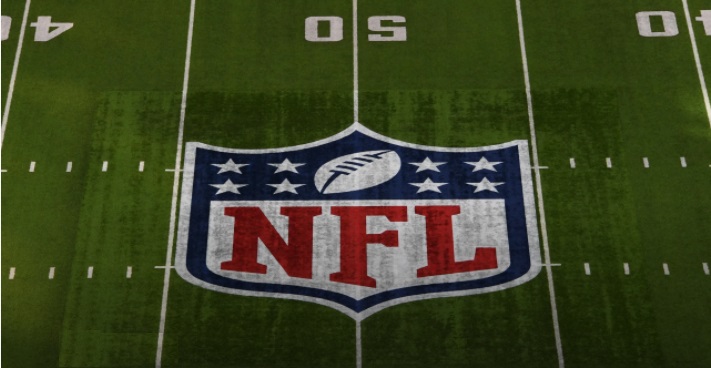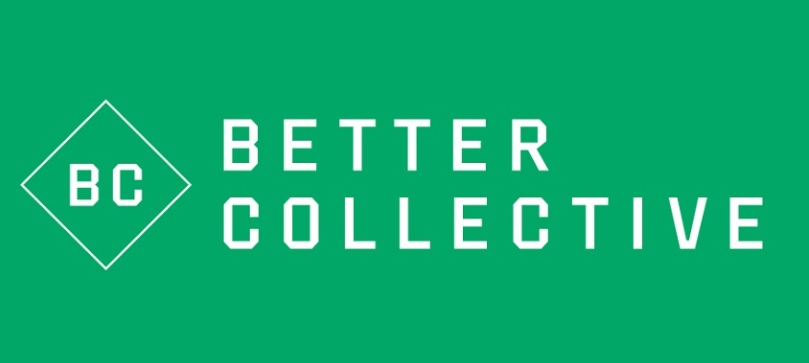The state House of Representatives approved a long-awaited gambling agreement Thursday that Connecticut Gov. Ned Lamont reached in March with the state’s two federally recognized Native American tribes, moving the state closer to legalizing sports and online gambling.
The legislation, which passed on a 122 to 21 vote and now awaits action in the Senate, directs the governor to amend the state’s compacts with the Mashantucket Pequot and Mohegan tribes that govern gambling, allowing both to offer sports betting, online gambling and online fantasy contests in return for providing the state a share of the revenue generated.
If the legislation passes in the Senate, as expected, the amended compacts will ultimately need federal approval.
“This bill that we see tonight is the culmination of many, many years of work heading in many directions in Connecticut,” said Rep. Maria Horn, D-Salisbury, co-chair of the General Assembly’s Public Safety Committee.
The agreement allows the Connecticut Lottery Corporation to also offer online sports wagering and retail sports betting at 15 locations, including ones specifically located in Hartford and Bridgeport.
For internet gambling, the state’s tax rate on gross revenues will be 18% for the first five years and then 20% for the next five years, with an option to continue for another five years. The tax rate on sports betting and fantasy contests will be 13.75%.
Rodney Butler, chairman of the Mashantucket Pequot tribe, said in a statement he was pleased state lawmakers were finally voting on a sports betting and internet gambling deal, something he has been urging the General Assembly to pass for years.
“For our Tribe, gaming is about much more than business; it is a means by which we rebuild our nation, educate our children, and take care of our elders,” he said. “Passage of this legislation will enable us to do just that, and more, for generations to come.”
James Gessner Jr., chairman of the Mohegan Tribal Council, said in a statement that modernizing the gambling industry this way will help Connecticut “keep pace” with neighboring states, protect Connecticut jobs and generate tax revenues that benefit the state, municipalities and the tribes.
“This is not just a regional issue — it will have a statewide impact as Connecticut works to meet critical needs as it recovers from the pandemic,” he said.
Not everyone is pleased with the legislation. State lawmakers from the East Windsor area voted against the agreement, which prevents the tribes from building a planned satellite casino in the town to compete with the MGM casino in nearby Springfield, Massachusetts. The legislation prevents the off-reservation tribal casino from being built during the first 10 years of this new agreement with the state.
“This is built on a broken deal and I will not be supporting it here,” said Rep. Tom Delnicki, R-South Windsor.
Meanwhile, Sportech, the state-licensed parimutel operator, questioned the constitutionality of the agreement and expressed hope that it can reach a separate agreement with the state. Paul Mounds, the governor’s chief of staff noted the deal allows the lottery to sublicense the sports betting operations to Sportech.























